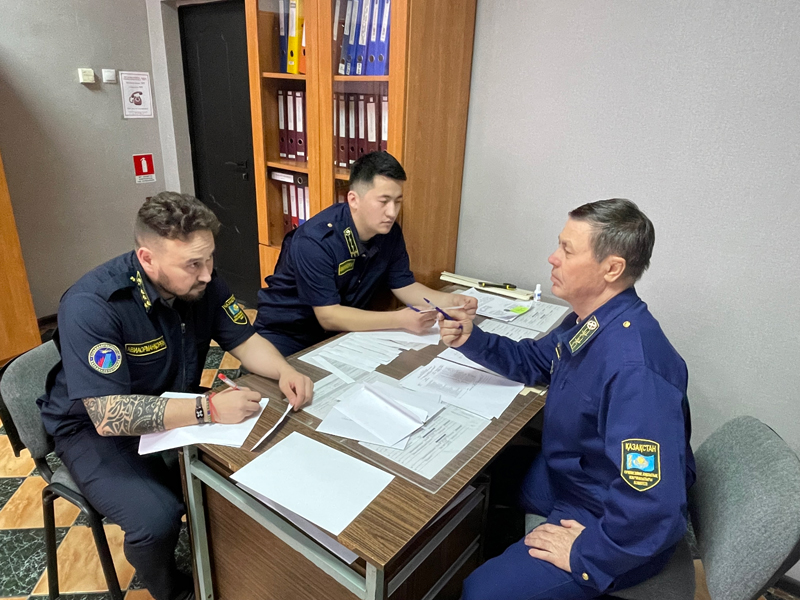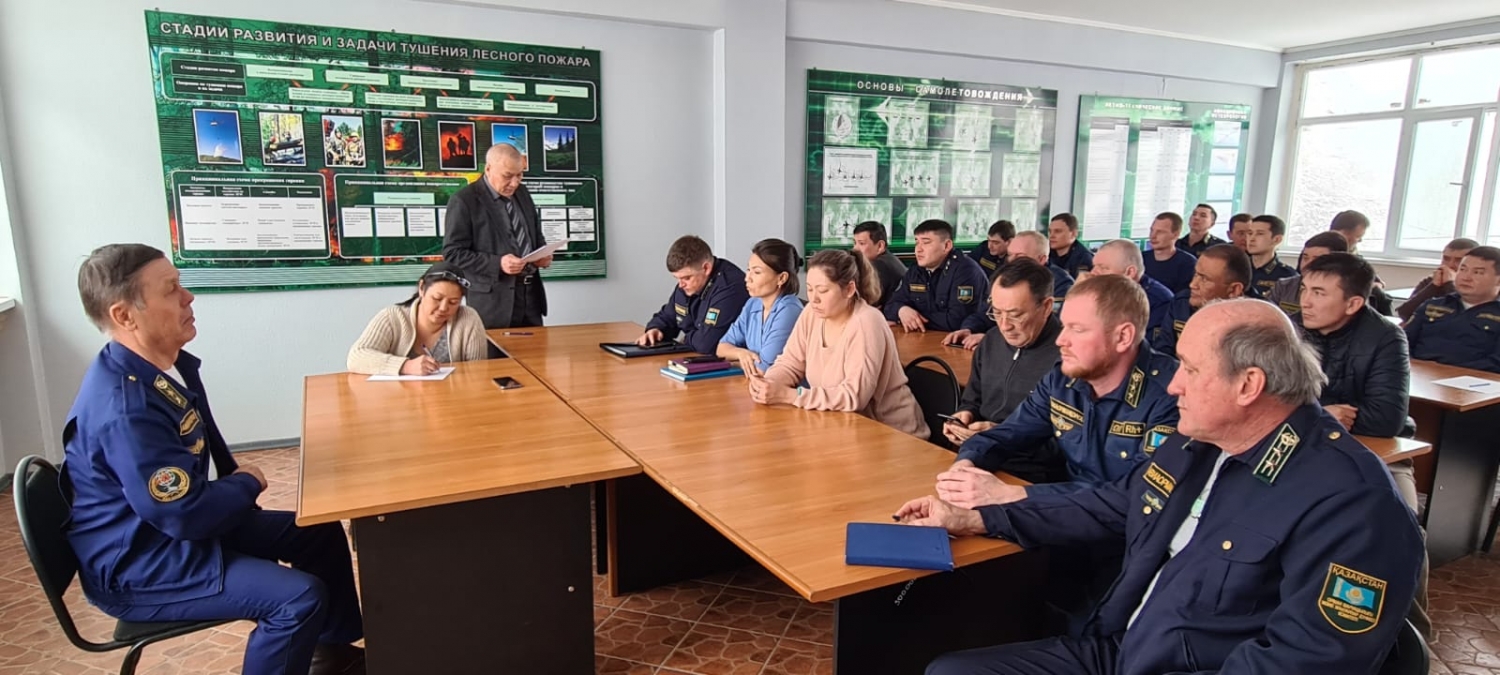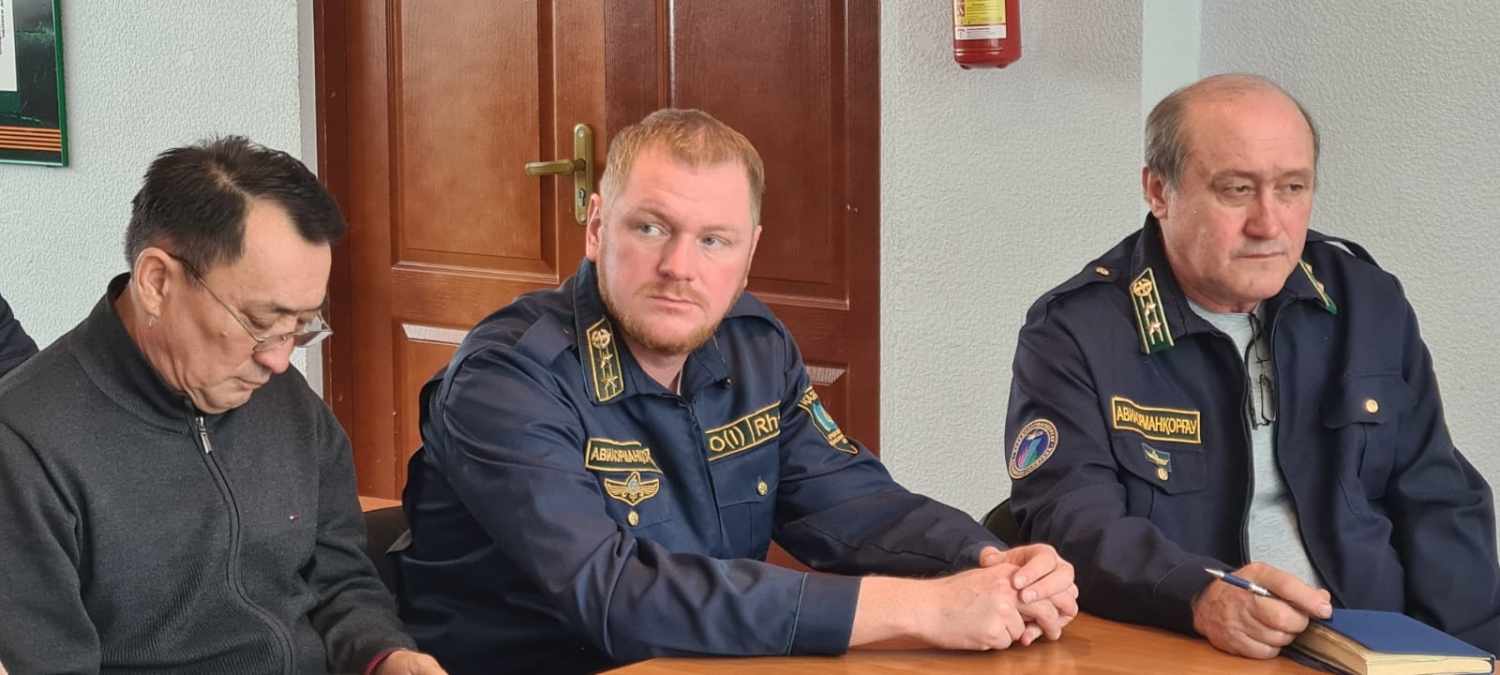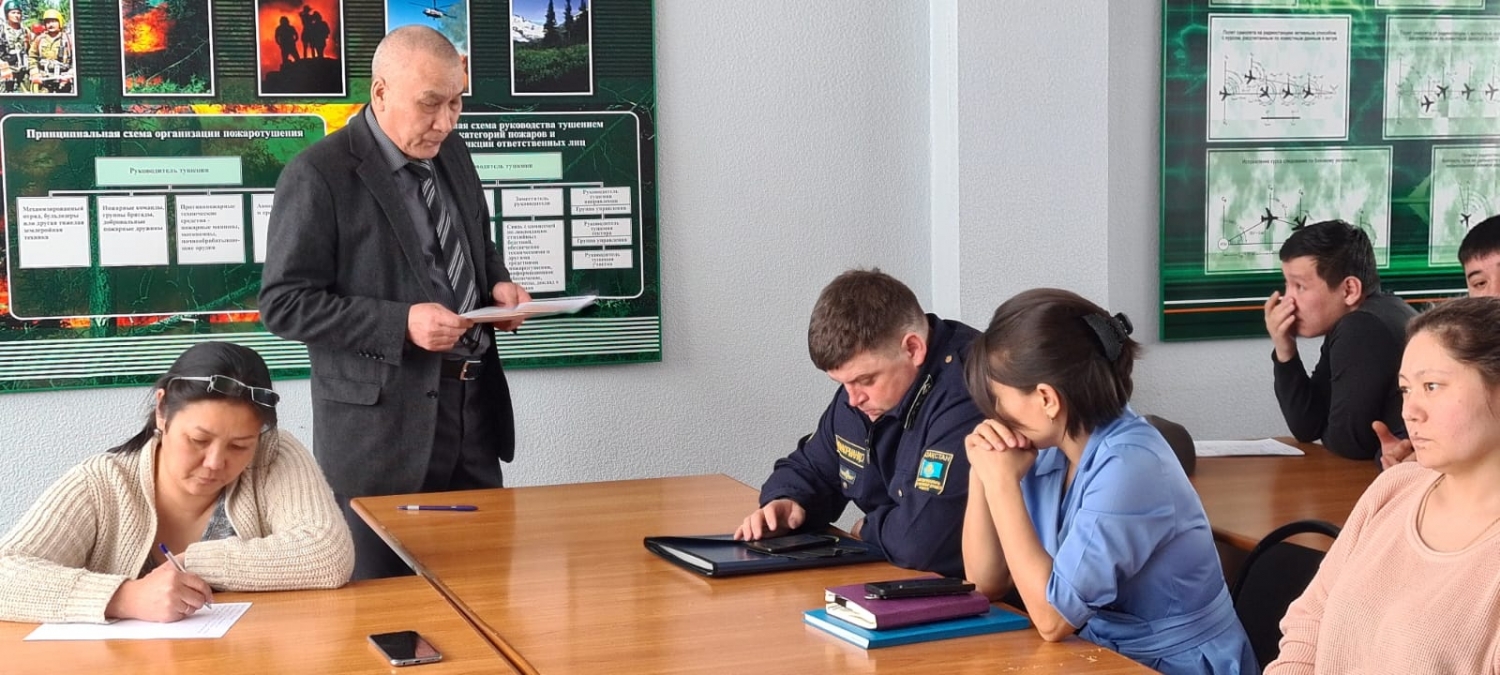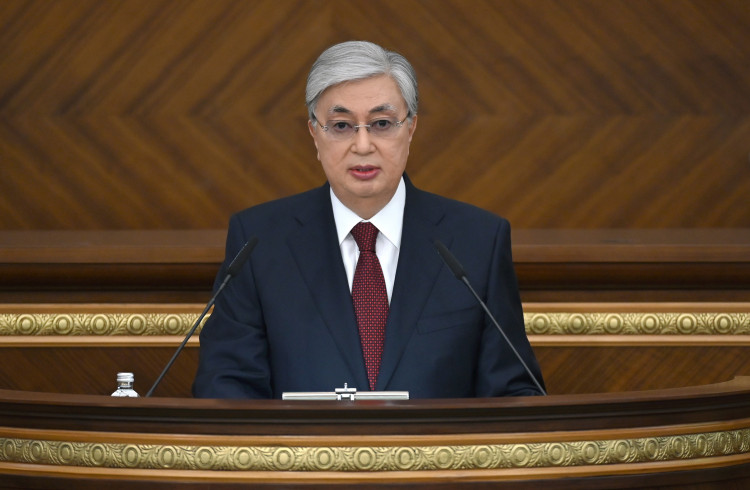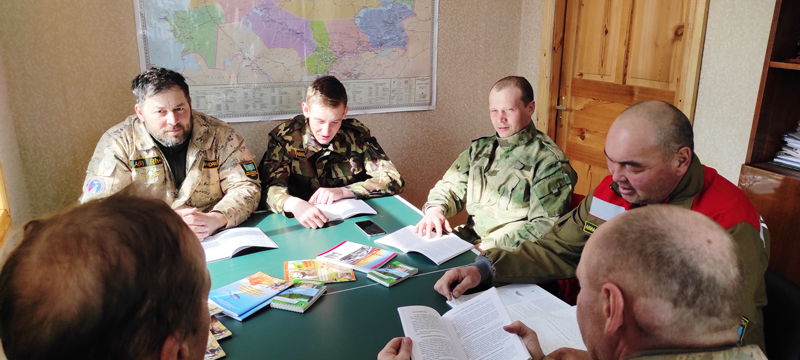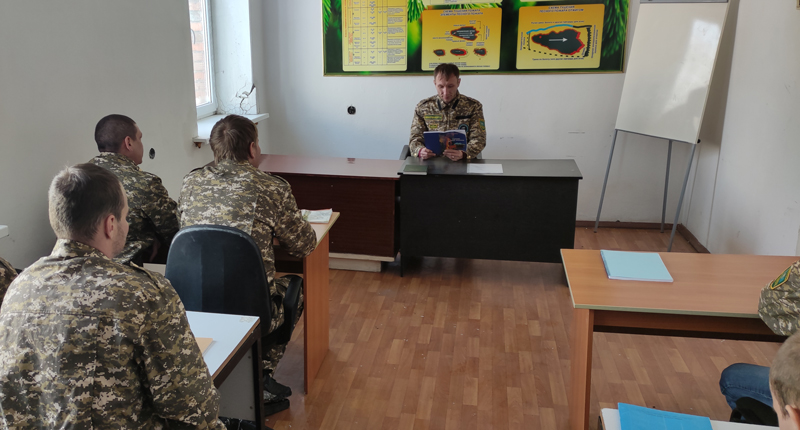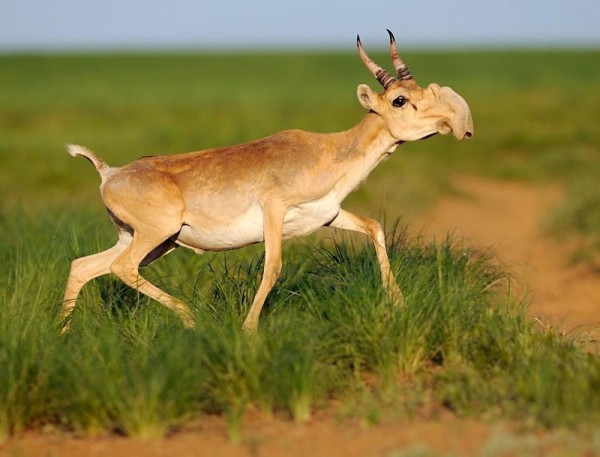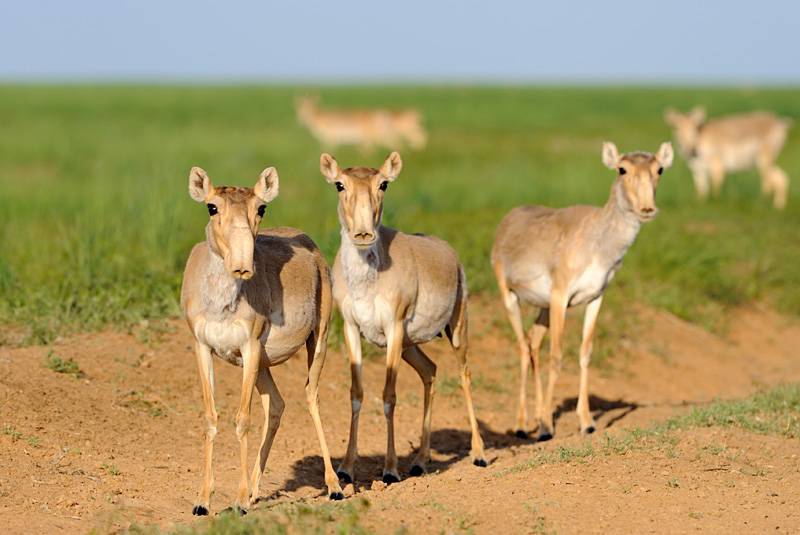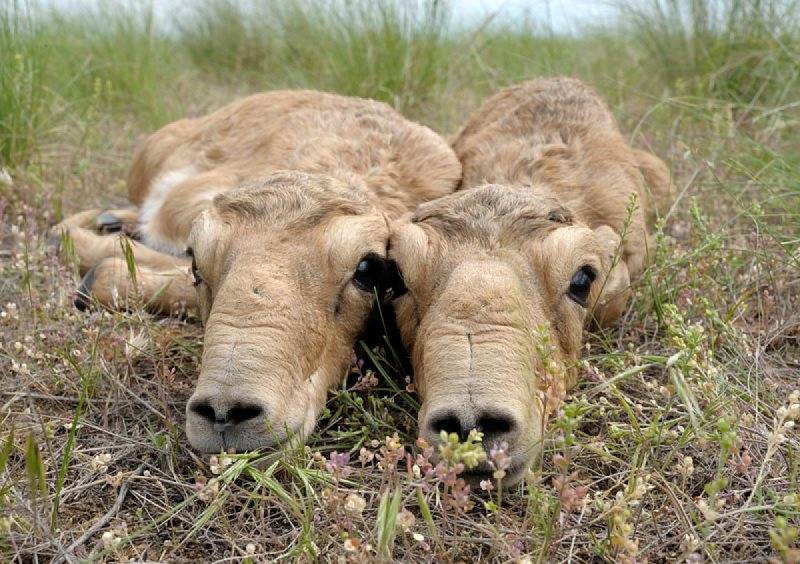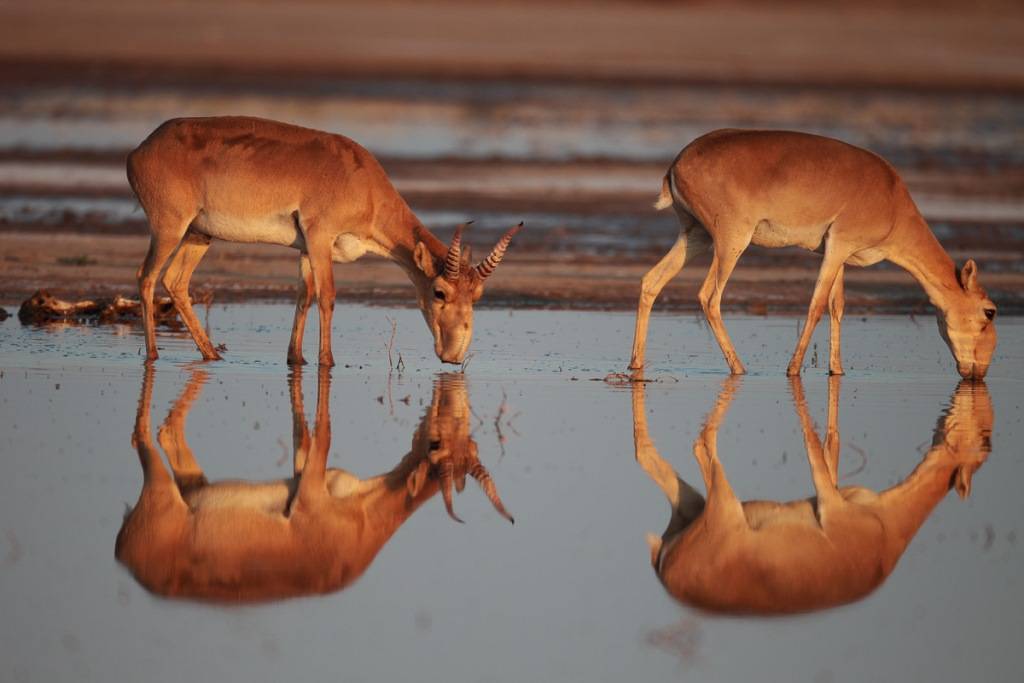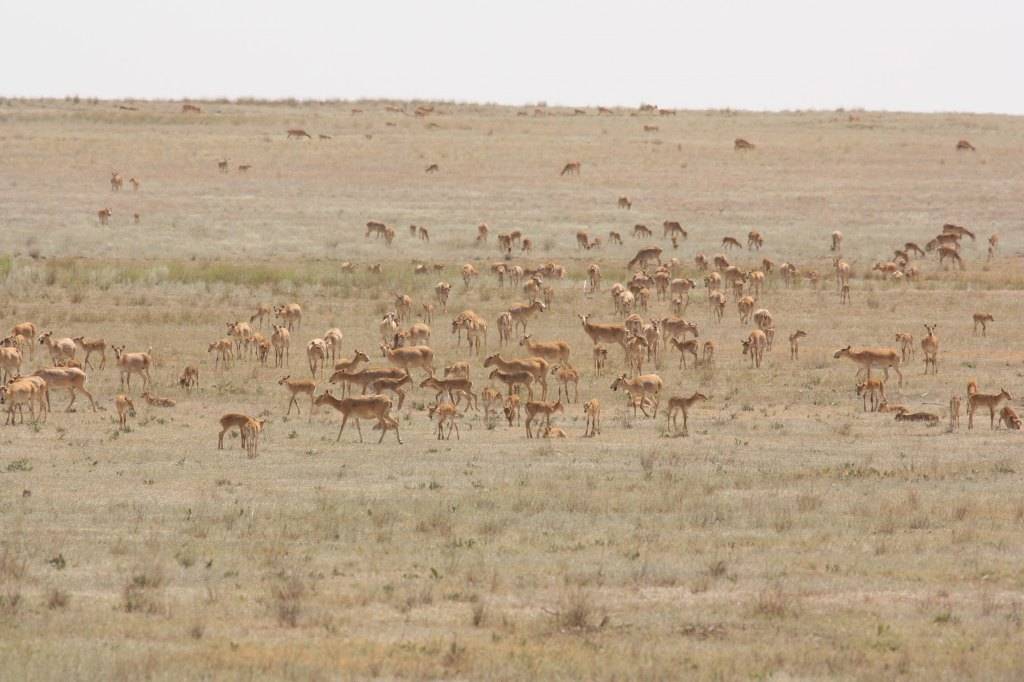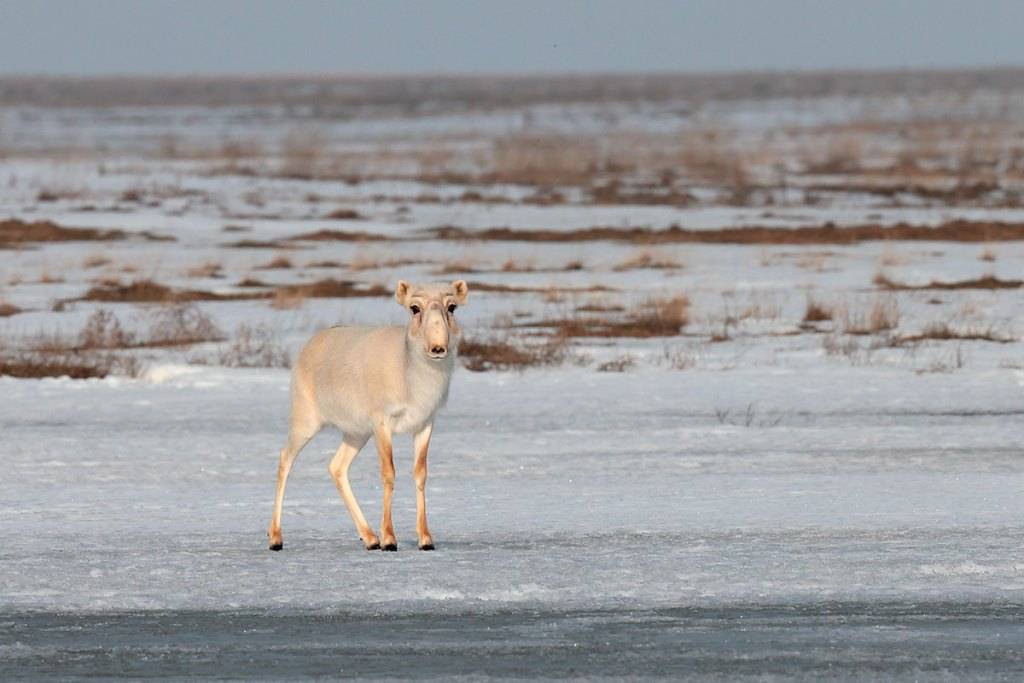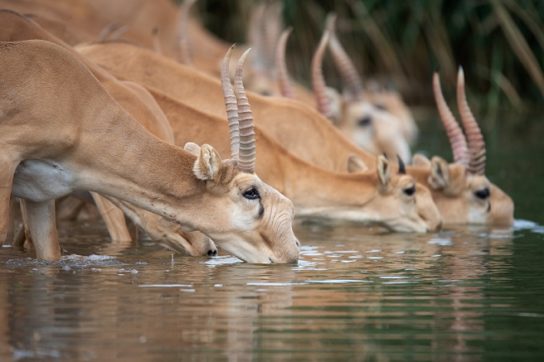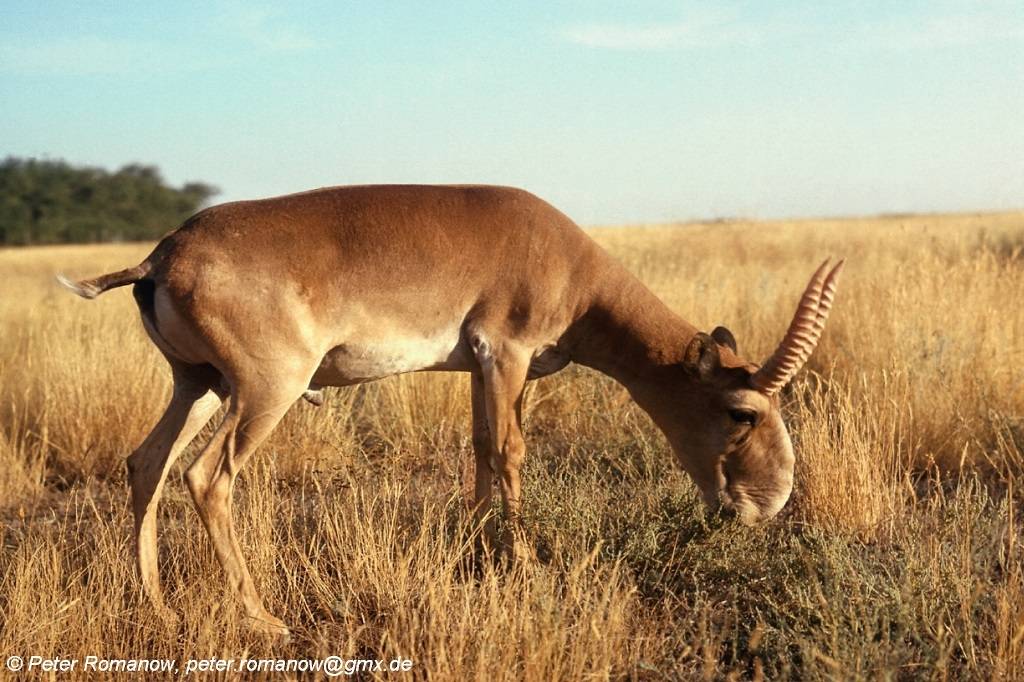The ninth. Decentralization of local self-government
Successful political modernization and the development of civil society are impossible without further deepening the process of decentralization of power. We will continue to transfer real powers from the center to the regions.
First of all, it is necessary to effectively differentiate the functions of the state and the institutions of local self-government.
It should be understood that a strong system of local self-government is the basic basis for the direct participation of citizens in improving the quality of life in their native locality.
Without a doubt, Kazakhstanis have long been ready to take responsibility for their cities, districts and villages. Do not underestimate people and be afraid to transfer to them the powers that they are able to assume.
Within the framework of political modernization, maslikhats should become a key link of local self-government.
Today they have a hybrid nature, being at the same time an institution of local public administration and local self-government. Therefore, it is necessary to clearly define the powers of maslikhats.
It is necessary to radically revise the system of financing the regions.
Currently, rural districts are completely dependent on higher akims and receive support on a residual basis.
Taking into account the introduction of elective mayors, it is advisable to introduce a mechanism for direct financing of local self-government bodies in accordance with international best practices.
It is also necessary to significantly expand their property base. With substantial resources, they will be able to really influence the situation and bear responsibility. Otherwise, it's just imitation, not self-management.
All the necessary preparatory work on this issue should be completed by the middle of this year.
Another important step will be the simplification of the procurement procedure for local governments, the elimination of bureaucracy and formalism.
I instruct the Government, together with the Presidential Administration, to work out in detail the mechanisms for implementing these instructions and take them into account when drafting the law "On Local Self-Government".
In addition, it is necessary to work out the issue of Kazakhstan's ratification of the European Charter of Local Self-Government, which is the basic international document in this area.
All these measures will contribute to the emergence of truly authoritative and responsible local leaders who are able to mobilize their communities to effectively solve problems of concern to people.
The real strengthening of the system of local self-government will open up new opportunities for the development of the regions, the reduction of dependent sentiments, the deep-rooted democratic transformations in the country.
The tenth. On priority anti-crisis measures
Kazakhstan has faced unprecedented financial and economic difficulties in our modern history, associated with a sharp aggravation of the geopolitical situation.
Tough sanctions confrontation already leads to serious costs not only for individual countries, but also for the entire global economy.
The situation is changing rapidly, literally hourly. Uncertainty and turbulence on world markets are increasing, production and trade chains are collapsing.
But there is still no reason to panic. Our country has all the necessary reserves and tools to overcome a large-scale crisis.
The Government is obliged to urgently implement a comprehensive package of priority anti-crisis measures.
First of all, it is necessary to ensure the stability of the national currency. This is a key factor of our economic security.
Recent events in the world have exerted a powerful pressure on the tenge exchange rate. You know that very well. Instability in the foreign exchange market is associated with panic, withdrawal of capital, "gray" cross-border money flows.
Therefore, in the financial sector, it is necessary to reduce the increased speculative demand that has arisen, among other things, due to the activity of buyers from outside.
The day before yesterday, I signed a special decree that imposes restrictions on the export of currency abroad.
Large institutional players should purchase foreign currency only as part of the fulfillment of their contractual obligations, ensuring its supply.
It is necessary to work out the issue of increasing sales of export foreign exchange earnings by companies with state participation. I expect that private subsoil users will also ensure the sale of their foreign exchange earnings.
As part of the fulfillment of their contractual obligations, second-tier banks must monitor and monitor the purchase of currency by their customers.
Strict monitoring of compliance with this requirement by banks should be established.
Speculation in the markets should in no way cause unjustified "burning" of our reserves.
The Government, the National Bank, the Agency for the Development and Regulation of the Financial Market need to take decisive measures in this direction. In general, extraordinary solutions are needed.
In the current extremely unstable international situation, ensuring the country's food security is of great importance.
The events in Ukraine have led to a sharp jump in food prices. It is likely that they may soon break all absolute records.
Against this background, a high-quality sowing campaign comes to the fore. However, as far as I know, many farmers are not ready for sowing yet.
The government and akimats need to take this work under special control. It is necessary to provide farmers with the necessary amount of fuel and lubricants at reasonable prices.
It is necessary to double-check the readiness of agricultural machinery, stocks of seeds and fertilizers.
We must not forget that low rainfall in some regions can negatively affect yields, lead to a shortage of feed.
In general, it is necessary, together with the farming community, to reconsider approaches to state support of the agro-industrial complex.
In order to prevent shortages and uncontrolled rise in food prices, it is necessary to work out the issue of purchasing agricultural products to state stabilization funds at forward prices.
In rapidly changing conditions, the state apparatus must respond promptly to the situation and act in an extremely coordinated manner.
Unhurried style of decision-making, bureaucratic formalism are unacceptable here.
Now it is necessary to fully mobilize. Decisions should be made quickly, based on real requests from businesses and citizens, within a maximum of three days, and preferably within a day.
The Operational Headquarters created under the Government should simultaneously work as a Situation Center that analyzes information in real time, as well as the development of specific emergency measures.
At the systemic level, it is necessary to eradicate excessive bureaucratization, which seriously hinders the development of the country. Its scale is so large that many state structures see this as the essence of their existence.
In the near future, I will sign a decree on the de-bureaucratization of the activities of the state apparatus. It will be the starting point for a radical revision of internal procedures in state bodies, optimization of normative and budgetary processes.
In addition, it is urgent to start developing a new package of structural reforms in the economy and public administration, taking into account the strategy of political modernization.
The foundation of the New Kazakhstan should be based on a harmonious combination of political and economic reforms.
This will ensure the progressive progress of our country and increase the standard of living of citizens.
Dear compatriots!
The initiatives I have presented today are large-scale. They will significantly change the political system and administrative-territorial structure of the country.
To implement them, it will be necessary to amend more than 30 articles of the Constitution. In addition, more than 20 laws will need to be adopted by the end of the year.
Legislative work is a complex and lengthy process that needs to be approached very responsibly.
We must take into account all internal and external challenges.
During the years of Independence, we have gone through all the difficulties with dignity and achieved great success.
The beginning of the cardinal transformation of the country coincided with the crisis that broke out in the world.
It is obvious that the current international situation has an impact on Kazakhstan.
However, no matter how difficult times may be, we will firmly follow our course.
Having learned the lessons of the past, we are confidently moving towards the future.
On this path, first of all, we need unity, cold reason and patience, wisdom and endurance.
We must carefully weigh every decision, take every case seriously.
A nation with a high patriotic spirit will achieve all its goals.
Our mission is to build a New Kazakhstan.
What does it mean?
The new Kazakhstan is an image of the future of our sovereign country.
People who do not believe in the future will not be able to build a strong state. There are enough examples of this from history.
We are firm in our intentions and confident in the bright future of Kazakhstan.
We will ensure that the constitutional rights of every citizen are respected.
We will form a new political culture based on mutual respect and trust between the state and society.
Important decisions will be made openly, with the participation of citizens, because the state will listen to everyone's voice.
Conscientious work, progressive knowledge and best practices will always be highly appreciated by us.
I want to see the New Kazakhstan as such a country.
To achieve our goals, the renewal of the state apparatus or personnel changes are not enough. Everyone should start changes with themselves. We need to reset the system of individual and social values.
This is not an easy process that takes years. Awareness of high responsibility, trust and attention to each other, love for our country will help us in this matter.
We need to understand that no one from the outside will do anything for us. Everything is in our hands.
Let's build a New Kazakhstan together.
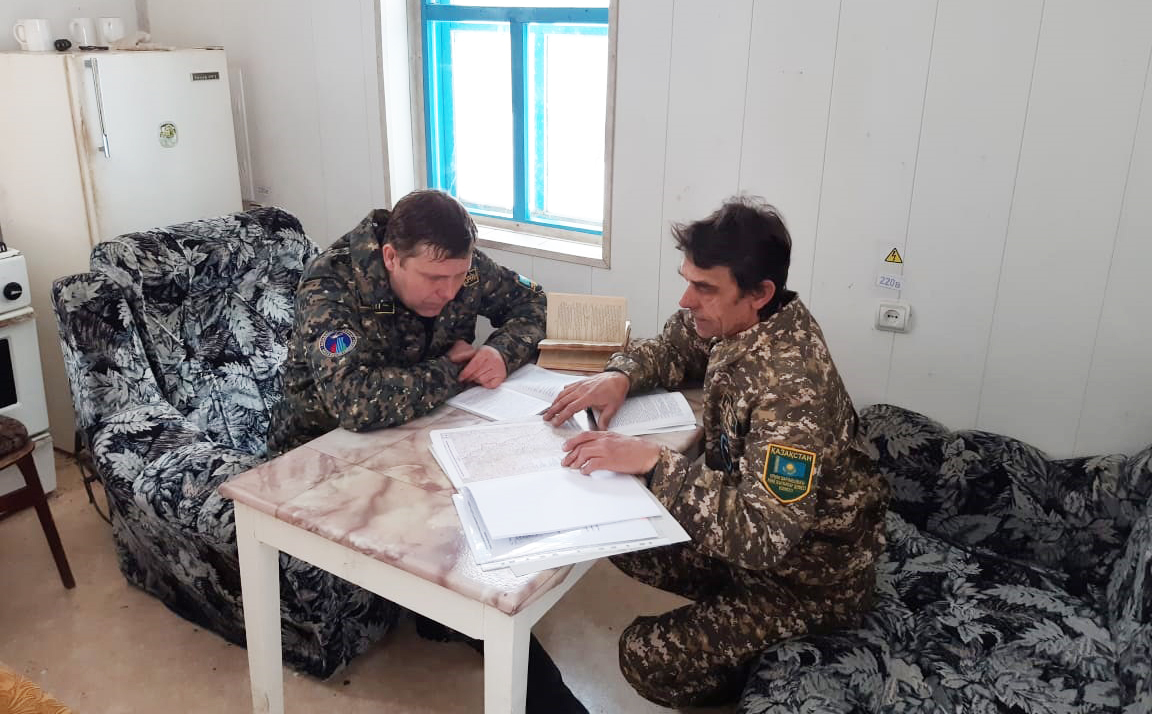 In preparation for the 2022 fire season, the personnel of the airborne fire service undergo theoretical training in special disciplines at the Ridder aviation department of the Kazavialesoohrana, such as:
In preparation for the 2022 fire season, the personnel of the airborne fire service undergo theoretical training in special disciplines at the Ridder aviation department of the Kazavialesoohrana, such as: